Catholics pray to the saints because the Bible tells us we are "surrounded" by a "great cloud of witnesses, ... the assembly of the first-born who are enrolled in heaven, ... the spirits of just men made perfect" (Heb. 12:1, 23). This cloud of witnesses is watching over us and cheering us on to victory. According to the writer of Hebrews, honoring the saints, our elder brothers and sisters in Christ, is not contrary to faith in Christ. For him, honoring the saints increases our love for Christ, "the perfecter of our faith," He who makes saints!
Prayer to the saints does not undermine Christ’s role as “the one mediator between God and men” (1 Tim. 2:5). In calling Christ our one Mediator, Paul is referring to the Lord’s unique mediation of sacrifice. Because He alone is both God and man, His death alone had the power to reconcile God and the human race. The intercession of the saints (or of Christians on earth for that matter) is entirely different. Theirs is a mediation of prayer, which draws power from Christ’s mediation. In fact, in the verses leading up to his identification of Christ as the one Mediator, Paul commands believers to engage in intercessory prayer, which “is good, and … acceptable in the sight of God our Savior” (1 Tim. 2:1-3).
When one prays to a saint he is basically asking the saint to pray for him and with him. Catholics are often criticized for going to the saints in prayer instead of directly to God. The truth is, we routinely go to God directly in prayer, though we do not go to Him alone. It is our great privilege to be accompanied to His throne by the prayers of our elder brothers and sisters in faith. This image corresponds to the vision of Revelation, in which we see the elect kneeling before the throne of God in heaven, joining their prayers to those of the earthly faithful, and offering them to Him. "The four living creatures and the twenty-four elders fell down before the Lamb, each holding a harp, with golden bowls full of incense, which are the prayers of the saints" (Rev. 5:8; cf. 4:4; 20:4).
The saints are not obstacles to serving Jesus, but living examples the Lord has provided to teach us how to live lives of holiness and serve Him perfectly. As Mother Angelica, foundress of the Eternal Word Television Network put it plainly, "I am a Franciscan, which means I follow Jesus according to the example of the great Francis of Assisi" (Answers, Not Promises [San Francisco: Ignatius Press, 1996], p. 15). What father is not overjoyed to see his children honored? Is not honoring the child essentially a more profound way of honoring the father (cf. Prov. 17:6)? Catholics do not honor the saints for their own sakes, but for the sake of God who created them, sanctified them, and raised them up before us as proof of the power of His love and grace to transform hearts.
From the perspective of our Protestant brothers and sisters, who tend to confuse prayer and worship, the practice of praying to the saints appears to be idolatry. The Bible, however, makes a distinction between the two. In the Bible, prayer is part of worship, but prayer by itself does not make worship. Worship involves the offering of a sacrifice; and Catholics offer sacrifice to God alone—namely, the Holy Eucharist at Mass, the very sacrifice of Christ on Calvary mystically re-presented in the assembly of the faithful.
Read more about the saints in the Catechism of the Catholic Church.
Back to previous page on What Catholics Believe & Why.
